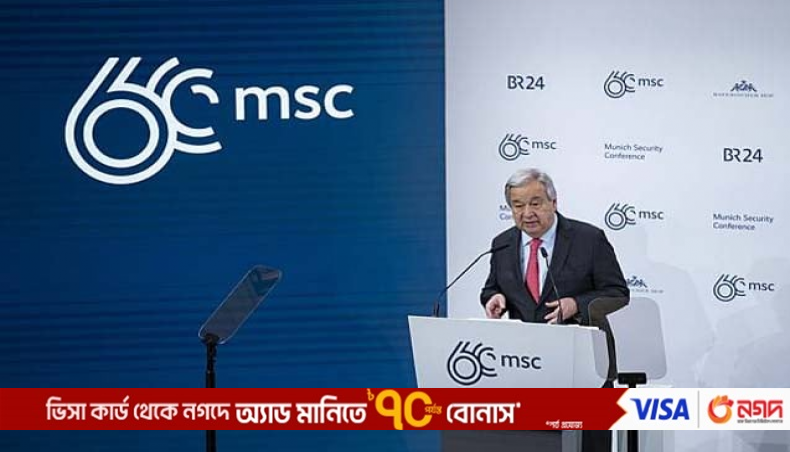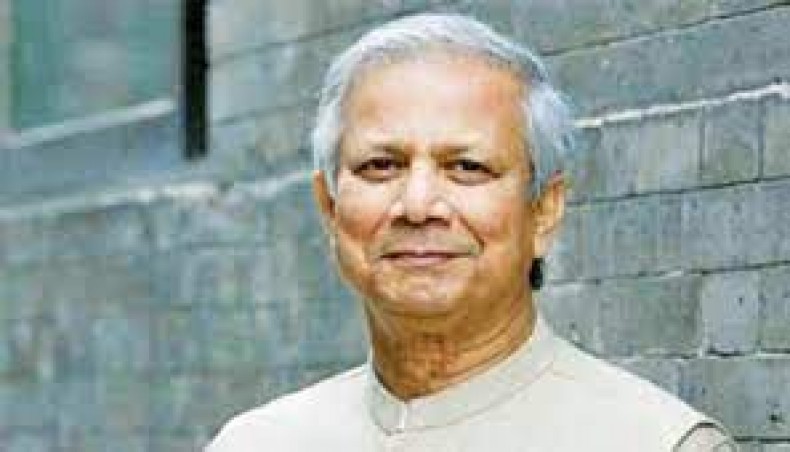Old School
Senior Moderator
- Messages
- 1,774
- Likes
- 1,031
- Nation

- Residence

- Axis Group

And foreign direct investments too.Rather useless initiative, as I mentioned. Time waster.
Bangladesh foreign policy should be restricted to maximizing export revenue, simple enough.







